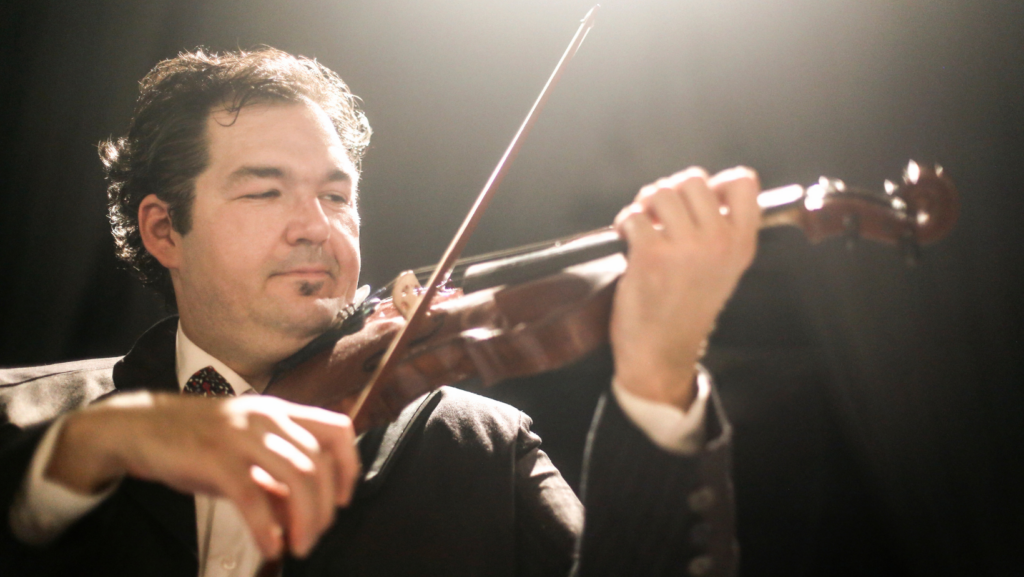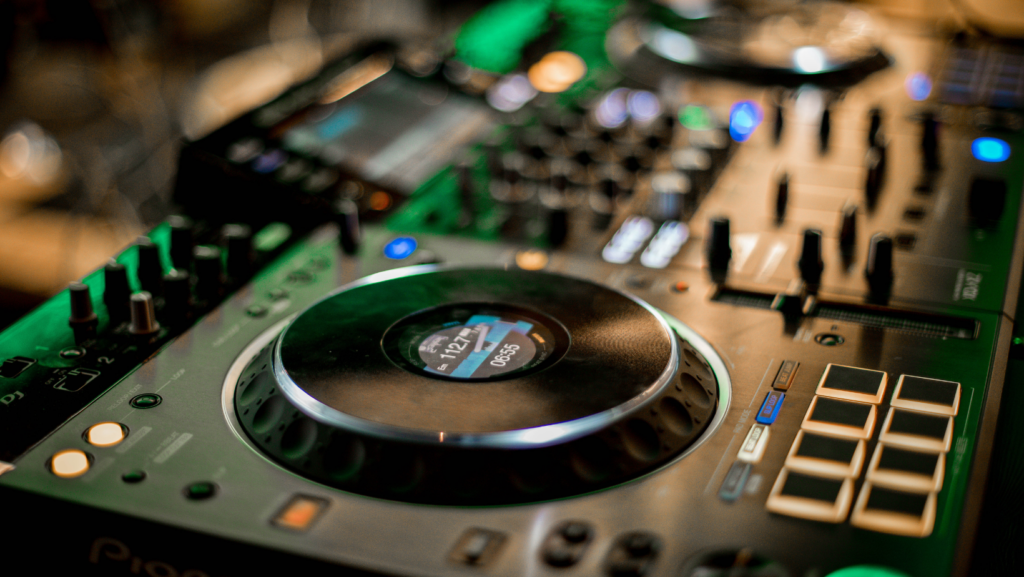In the ever-evolving landscape of music, technology plays a pivotal role. It’s the invisible maestro, orchestrating a symphony of sounds that resonate with our deepest emotions. For those who’ve ever wondered about the intersection of music and technology, a master’s degree in music technology offers a fascinating journey into this dynamic field.
This advanced degree isn’t just about creating harmonious melodies; it’s about harnessing the power of technology to shape the future of music. Whether it’s crafting the next chart-topping hit or pioneering new ways to experience music, a music technology master degree opens up an exciting world of possibilities. Dive in, and let’s explore the profound impact of technology on the art of music.
Music Technology Masters

Diving deeper into the realm of music technology masters unveils a world where melody meets machinery. This section elaborates on the nature of a Music Technology Master’s degree and underscores its significance.
A Music Technology Master’s degree constitutes a specialized field of study, merging music and technology. This postgraduate program equips scholars with an understanding of how to proficiently manipulate technology to create, produce, and enhance music. Students typically delve into subjects such as electronic music production, audio engineering, sound design, and digital signal processing. They’re groomed to navigate the changing landscape of the music industry, armed with technological prowess and creative acuity.
Prerequisites for a Music Technology Masters
Transitioning into the music technology masters program involves demonstrating proficiency in particular areas. These prerequisites often consist of a specific educational background and skills set.
Required Background
To embark on a Music Technology Masters program, a Bachelor’s degree marks an essential criterion. Fields such as Music, Computer Science, Electronics, or any related discipline form the bedrock for pursuing this advanced degree. Often, institutions look out for candidates having some coursework related to Music Technology in their undergraduate studies. Experience in fundamental audio engineering, digital signal processing, and basics of musical composition holds significant value.
Skills You Need to Develop

As a prospective Music Technology Masters student, key competencies must be nurtured. These skills include robust computer software aptitude, particularly related to audio production and sound engineering. Mastery of digital audio workstations (DAWs) like Ableton Live, Pro Tools, or Logic Pro enhances prospects. Additionally, expertise in music theory becomes essential, given the degree’s musical composition aspect. Individuals should display abilities in playing one or more musical instruments, exhibiting a deep-rooted understanding of musical scales, chords and harmonies. Finally, as music technology transcends the barrier of arts, technical skills in coding, programming languages like Python for creating digital music tools, and understanding hardware-software integration come as additive prerequisites. Ultimately, these combined skills lay the groundwork for innovative applications across multiple avenues: entertainment, gaming, healthcare, and beyond.
Studying Music Technology Masters Abroad
Immersing oneself in another culture enhances your perspective, broadens your horizon, and exposes you to novel approaches in your field of study. For students in the Music Technology Masters, studying abroad offers fresh techniques, innovative technologies, and international collaborations.
Popular Destinations For Music Technology Masters

When considering destinations to pursue a Music Technology Masters, various countries top the list:
- United States: Institutions like Stanford University and New York University provide renowned Music Technology programs. The country’s vibrant music scene, diverse culture, and advanced technological landscape make it a desirable destination.
- United Kingdom: With music hubs like London, Liverpool, and Manchester, the UK offers a blend of rich musical history and cutting-edge technology. Renowned universities include the University of Manchester and Goldsmiths, University of London.
- Germany: Home to a thriving electronic music scene and noteworthy music tech companies, Germany houses institutes like Berlin University of the Arts and Technische Universität Berlin.
- Australia: Offering an exotic blend of traditional indigenous music influences with technology, Australian universities like the University of Adelaide have innovative Music Technology programs.
Each of these destinations provides a unique blend of cultural experiences, academic opportunities, and technological advancements, increasing the allure of a Music Technology Masters abroad.



